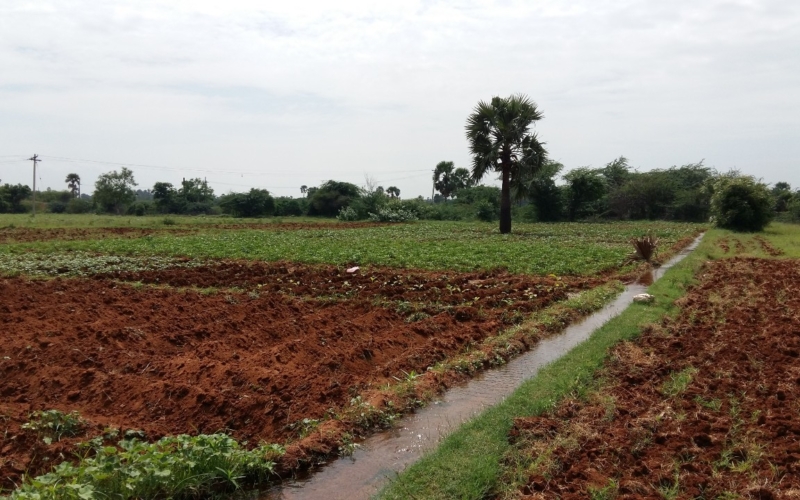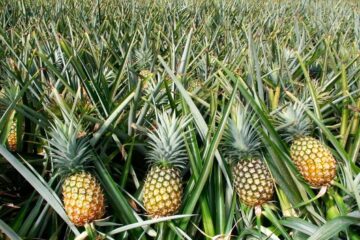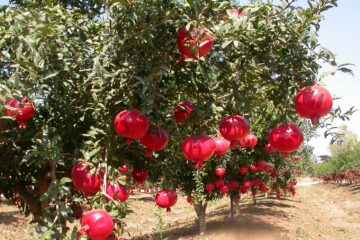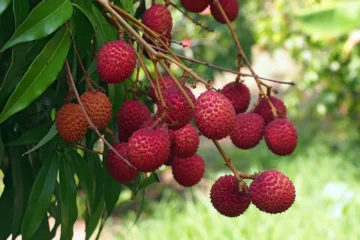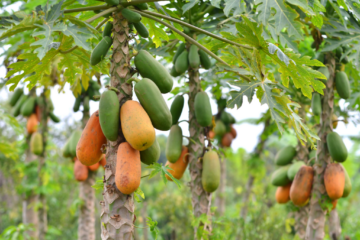Published in: March 2017 Issue
After the Green Revolution in Indian agriculture, organic farming gradually declined. Traditional seeds disappeared, and high-yielding hybrid seeds took their place. Farmers moved away from using natural fertilizers, opting instead for chemical fertilizers and toxic pesticides.
Initially, the Green Revolution quadrupled India’s food grain production, making the country self-sufficient in food. However, the extensive use of chemical fertilizers posed long-term sustainability challenges. Chemical fertilizers polluted soil, human health, and the environment.
Organic farming avoids synthetic fertilizers and pesticides, instead using natural fertilizers to increase agricultural productivity without harming the environment. Today, organic farming spans 32.2 million hectares globally, utilizing organic fertilizers and waste.
Steps in Organic Farming: Cultivation Methods
A key practice in organic farming is crop rotation, avoiding the continuous cultivation of a single crop on the same land. Continuous monocropping depletes soil nutrients and increases the risk of pests and diseases specific to that crop.
By growing diverse crops, organic farming enriches the soil with organic matter and beneficial microorganisms. Mixed cropping, intercropping, soil mulching, relay cropping, and crop barriers improve soil fertility, water retention, and weed control.
Organic Fertilizers
Organic fertilizers are essential for maintaining soil fertility and increasing production. Key organic materials include composted plant waste, vermicompost, composted coconut coir waste, enriched farmyard manure, green manure, and green leaf manure.
Pest Control
Pest control is crucial in crop production. Avoiding chemical pesticides to control pests is challenging. Beneficial insects that prey on harmful pests must be encouraged. Additionally, disease and pest-resistant crop varieties should be grown. Trap crops and companion crops planted around fields can attract pests away from main crops, reducing damage. Crop rotation helps prevent recurring pest attacks.
Five Fundamental Principles of Organic Farming
- Soil Maintenance: Preserve soil fertility through organic farming practices.
- Environmental Sustainability: Adopt agricultural methods that do not harm the environment.
- High-Quality Production: Use crop rotation, composting, and organic fertilizers to produce high-quality food grains.
- Effective Management: Control weeds and pests through efficient management practices.
- Integration of Livestock: Incorporate livestock as an essential part of organic farming production.
Organic Farming Inputs: Biofertilizers and Compost
Biofertilizers like Rhizobium, Azotobacter, Azospirillum, cyanobacteria, and Azolla should be produced and applied to the soil. Composted materials like coconut coir waste, plant waste, sugarcane bagasse, and enriched farmyard manure increase soil organic content.
Vermicompost
Vermicompost is easily produced using farmyard manure, leaf litter, and vegetable waste. These materials are half-decomposed and fed to earthworms, which produce high-quality compost as their waste. Apply five tons of vermicompost per acre as a basal fertilizer.
Composted Coconut Coir Waste
Coconut coir waste from processing units can be composted and used as fertilizer. Non-composted coir waste has high levels of cellulose, lignin, and C
ratio. Composting reduces the chemical density, making nutrients more available to crops.
Green Manure and Green Leaf Manure
Green manure crops like sesbania are plowed into the soil at the flowering stage, increasing nitrogen content. Green leaf manures from plants like Gliricidia, subabul, kolinji, agathi, pungam, neem, and erukku enrich the soil when incorporated.
Botanical Pesticides
Natural pesticides can control pests in organic farming. Panchakavya acts as a growth promoter and pest repellent, while Amritakaraisal is a growth stimulant. Extracts from neem, erukku, and noci serve as effective botanical pesticides.
Understanding the necessity of organic farming and implementing its principles and techniques can lead to improvements in soil fertility, plant health, human well-being, and environmental sustainability.
M. Daisy, N. Akila, Agricultural Science Center, Veterinary College Campus, Namakkal – 637 002.

